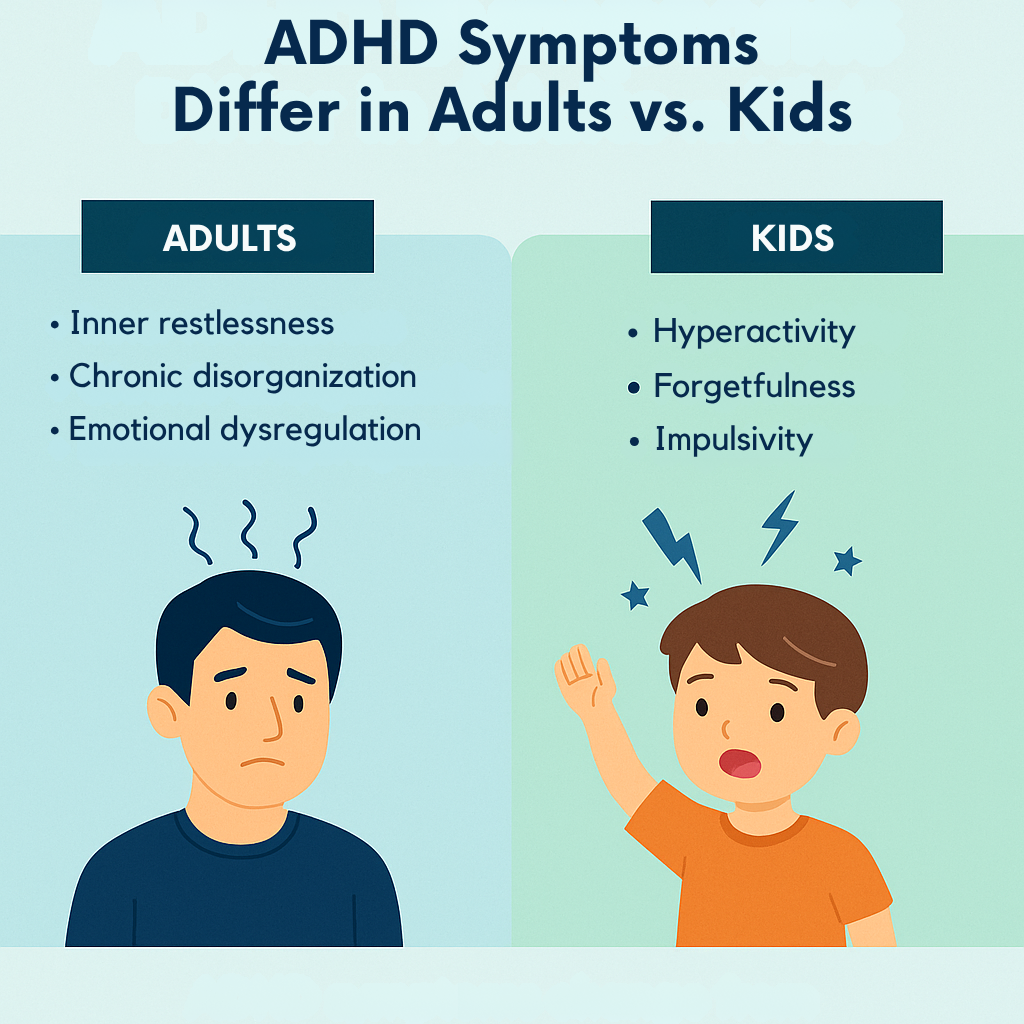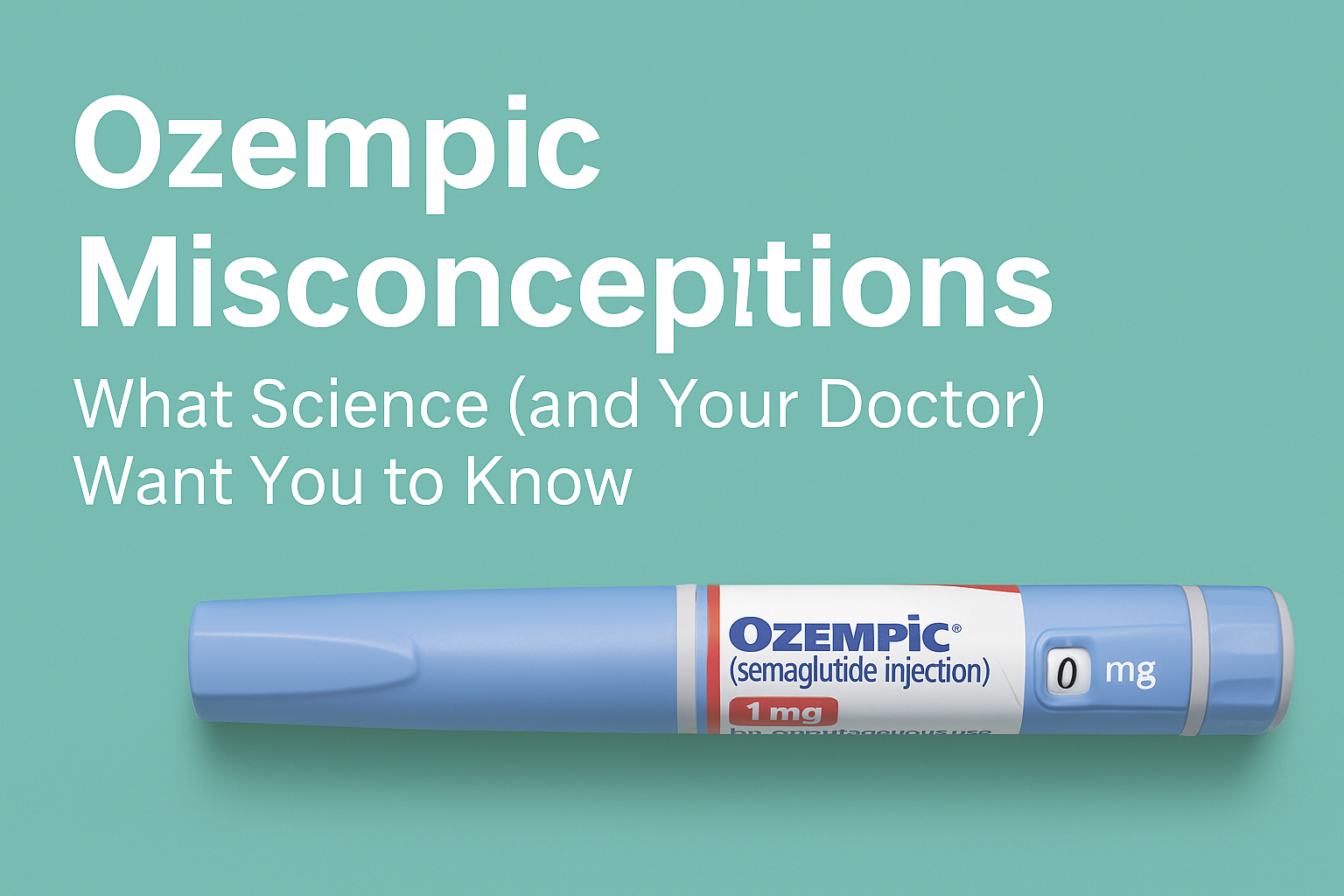Post-Traumatic Stress Disorder (PTSD) is a profound psychiatric condition that emerges in the aftermath of experiencing or witnessing traumatic events. These events range from natural disasters and severe accidents to personal assaults and military combat. PTSD is not just a fleeting response to stress—it’s a persistent, often debilitating condition that can significantly disrupt an individual’s daily life, relationships, and sense of well-being.
The prevalence of PTSD is a testament to its impact on society. It affects millions worldwide, transcending age, gender, and cultural boundaries. In the United States alone, approximately 3.5% of adults are diagnosed with PTSD annually, with women being twice as likely to be affected as men. This condition can lead to intense, disturbing thoughts and feelings related to the traumatic event long after it has ended, including flashbacks, nightmares, and severe anxiety.
Understanding PTSD
Definition and Causes
Post-Traumatic Stress Disorder (PTSD) is a significant mental health issue that arises from witnessing or enduring events that are profoundly traumatic. These events often involve a threat to life or safety and can range from war and accidents to abuse and natural disasters. The essence of PTSD lies not just in the events themselves but in the individual’s emotional response to these incidents. It’s a condition that can freeze time for those affected, trapping them in a perpetual cycle of reliving their trauma, accompanied by intense fear, helplessness, or horror.
The causes of PTSD are as varied as the traumatic events that can trigger it. For some, a single event, such as a violent assault or a devastating natural disaster, can be enough to develop PTSD. For others, prolonged exposure to stressors, like ongoing domestic violence or long-term front-line military combat, can lead to the condition. The critical factor is not necessarily the nature of the event but how it is processed by the individual’s mind. The aftermath of these experiences often manifests as PTSD symptoms, including flashbacks, nightmares, and severe anxiety, which can significantly impair an individual’s ability to function in daily life.
Symptoms and Diagnosis
Individuals grappling with PTSD often endure a complex array of PTSD symptoms that can significantly hinder their daily functioning. These symptoms are categorized into four main groups: intrusive memories, avoidance behaviors, negative changes in thinking and mood, and heightened physical and emotional reactions. Intrusive memories might manifest as flashbacks or nightmares, forcing the individual to relive the trauma repeatedly. Avoidance is characterized by steering clear of reminders of the traumatic event, while mood changes can include feelings of hopelessness, detachment, or numbness. Heightened reactions often present as being easily startled or having difficulty sleeping.
Diagnosing PTSD involves a thorough evaluation by a healthcare professional, who will assess these symptoms against the criteria outlined in the Diagnostic and Statistical Manual of Mental Disorders (DSM-5). This process ensures a comprehensive understanding of the individual’s experiences and guides the selection of effective PTSD treatment options tailored to each person’s unique needs.
The Impact of PTSD on Daily Life
Emotional and Psychological Effects
The journey through PTSD is often marked by profound emotional and psychological turmoil. Individuals may find themselves ensnared in the grips of anxiety and depression, emotions that cast long shadows over their daily lives. Anxiety can manifest as a constant state of fear or dread, making even the simplest tasks seem daunting. Depression might feel like a heavy blanket of sadness, making it hard to experience joy or pleasure. Another common challenge is emotional numbness—an inability to feel any emotions, which serves as a protective mechanism against overwhelming pain. This complex emotional landscape necessitates a comprehensive PTSD treatment plan that addresses these multifaceted symptoms, guiding individuals toward a path of healing and recovery.
Social and Occupational Challenges
PTSD extends its impact beyond the individual, affecting social and occupational spheres. Relationships may suffer as individuals with PTSD might withdraw from social interactions, driven by fear, confusion, or the desire to avoid triggers. This withdrawal can strain friendships and family bonds, leaving individuals feeling isolated. In the workplace, PTSD symptoms can impair concentration, decision-making, and productivity, posing significant occupational challenges. The constant battle with these symptoms often necessitates seeking PTSD treatment nearby and taking a step toward reclaiming control over one’s life. Effective treatment not only addresses the symptoms but also equips individuals with strategies to navigate social and occupational landscapes, fostering resilience and facilitating a return to normalcy.
Treatment and Management of PTSD
Professional Treatments
Navigating the path to recovery from PTSD involves a multifaceted approach, incorporating PTSD treatments that are as diverse as the individuals affected by the condition. Psychotherapy stands as a cornerstone of treatment, offering a safe space for individuals to process their traumatic experiences under the guidance of a trained professional. Cognitive Behavioral Therapy (CBT) and Eye Movement Desensitization and Reprocessing (EMDR) are among the specialized therapies that have shown efficacy in treating PTSD. CBT helps individuals reframe negative thought patterns, while EMDR facilitates the processing of traumatic memories, reducing their psychological impact. Medication may also play a crucial role, offering relief from symptoms and enabling individuals to engage more fully in therapy. For those seeking PTSD treatment in Sacramento or any other locality, it’s essential to find a treatment provider experienced in these evidence-based approaches, ensuring a tailored plan that addresses the unique needs of each individual.
Self-Help and Support Systems
Beyond professional intervention, the journey of healing from PTSD is significantly bolstered by self-help strategies and robust support systems. Engaging in a comprehensive PTSD treatment plan often includes lifestyle changes that promote mental health, such as regular physical activity, adequate sleep, and a nutritious diet. Coping strategies like mindfulness and relaxation techniques can also be invaluable tools in managing stress and anxiety. Equally important is the support from friends, family, and peer groups, offering a network of understanding and compassion. These relationships provide a foundation of encouragement and acceptance, which is vital for those navigating the challenges of PTSD. Together, professional treatments and self-help measures forge a comprehensive approach to managing PTSD, empowering individuals toward a path of recovery and resilience.
Begin Your Journey To Healing With Zeam Health & Wellness
At Zeam Health & Wellness, we understand the profound impact PTSD can have on your life and the lives of those around you. We’re here to tell you that hope is not just on the horizon—it’s within your reach. Our dedicated team of professionals is committed to providing compassionate, personalized care to help you navigate the complexities of PTSD. With a holistic approach that blends the best of evidence-based treatments and supportive self-care strategies, we’re here to guide you back to a place of strength and serenity.
Don’t let PTSD define your journey. Let us walk with you toward a future where you reclaim control over your life and where every day brings you closer to healing and wholeness. Reach out to Zeam Health & Wellness now, and let’s embark on this path together. Your story of resilience starts here.




